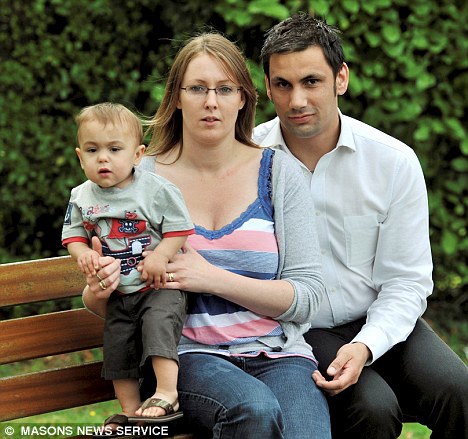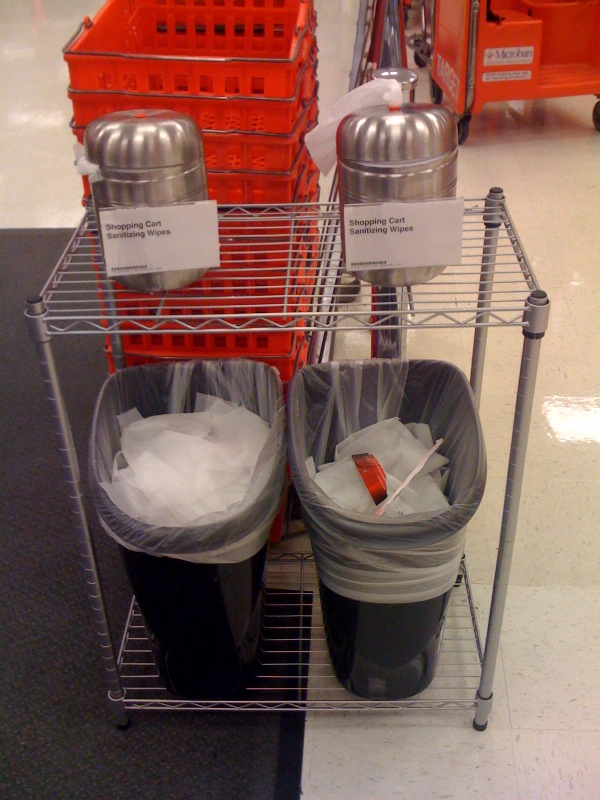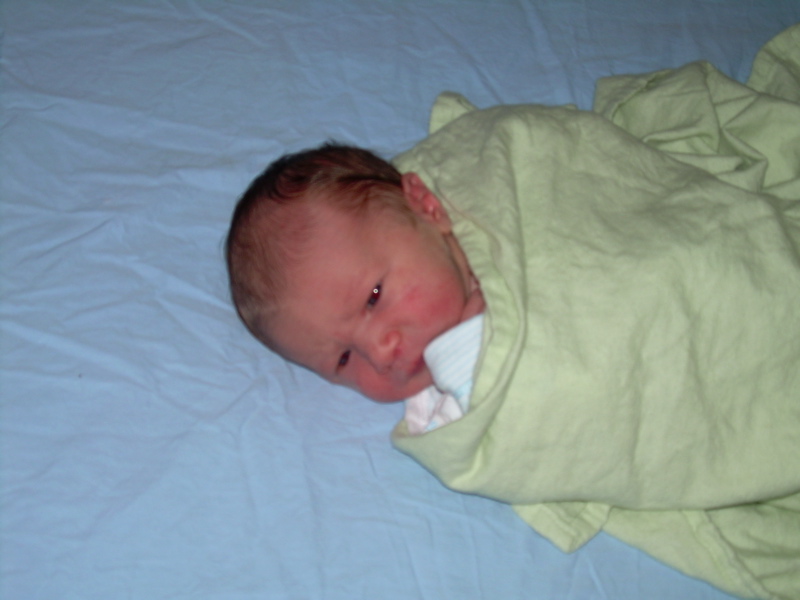
Being a handwashing nerd, I kept a close eye on the staff at Manhattan’s Mercy General when daughter Sorenne was born 17 months ago.
They were watching me. Whoever was the control desk and let a new parent or visitor into the security-controlled maternity ward would insist people properly wash  their hands before advancing any further.
their hands before advancing any further.
Not so everywhere.
The Daily Mail is reporting tonight that furious parents are suing a hospital where two babies died during an E. coli outbreak after it emerged staff probably spread the infection by not washing their hands.
Thirteen newborn babies contracted an antibiotic-resistant strain of the bug at the neonatal intensive care unit of Luton and Dunstable Hospital in Bedfordshire.
An official report says widespread breaches of infection control measures, such as poor hand-washing regimes and equipment cleaning, were the likely cause.
The parents of two infants who became critically ill but survived the 12-week E. coli outbreak in October 2008 are seeking undisclosed sums from the hospital over the long-term health implications.
Colette Beard, 31, and her husband Greg, 28, said their son Lewis (above, right) suffered ‘permanent damage’ from the infection after he was born 15 weeks early on September 15, 2008. He spent four months recovering.

 When she was strong and co-ordinated enough to sit on her with a seatbelt on the seat behind the handle, a battle of wills soon emerged as Sorenne would have her hands on the handle, then in her mouth, or worse, would try to suckle the handle.
When she was strong and co-ordinated enough to sit on her with a seatbelt on the seat behind the handle, a battle of wills soon emerged as Sorenne would have her hands on the handle, then in her mouth, or worse, would try to suckle the handle.  Last year, USA Today reported
Last year, USA Today reported

 Katija Blaine and Ben Chapman have both been with me in various capacities since 1999. Still are. We’ve traveled the various minefields of genetically engineered sweet corn and on-farm food safety programs for fresh produce, and now we’re all having babies.
Katija Blaine and Ben Chapman have both been with me in various capacities since 1999. Still are. We’ve traveled the various minefields of genetically engineered sweet corn and on-farm food safety programs for fresh produce, and now we’re all having babies.(1).jpg) The editorial says,
The editorial says,